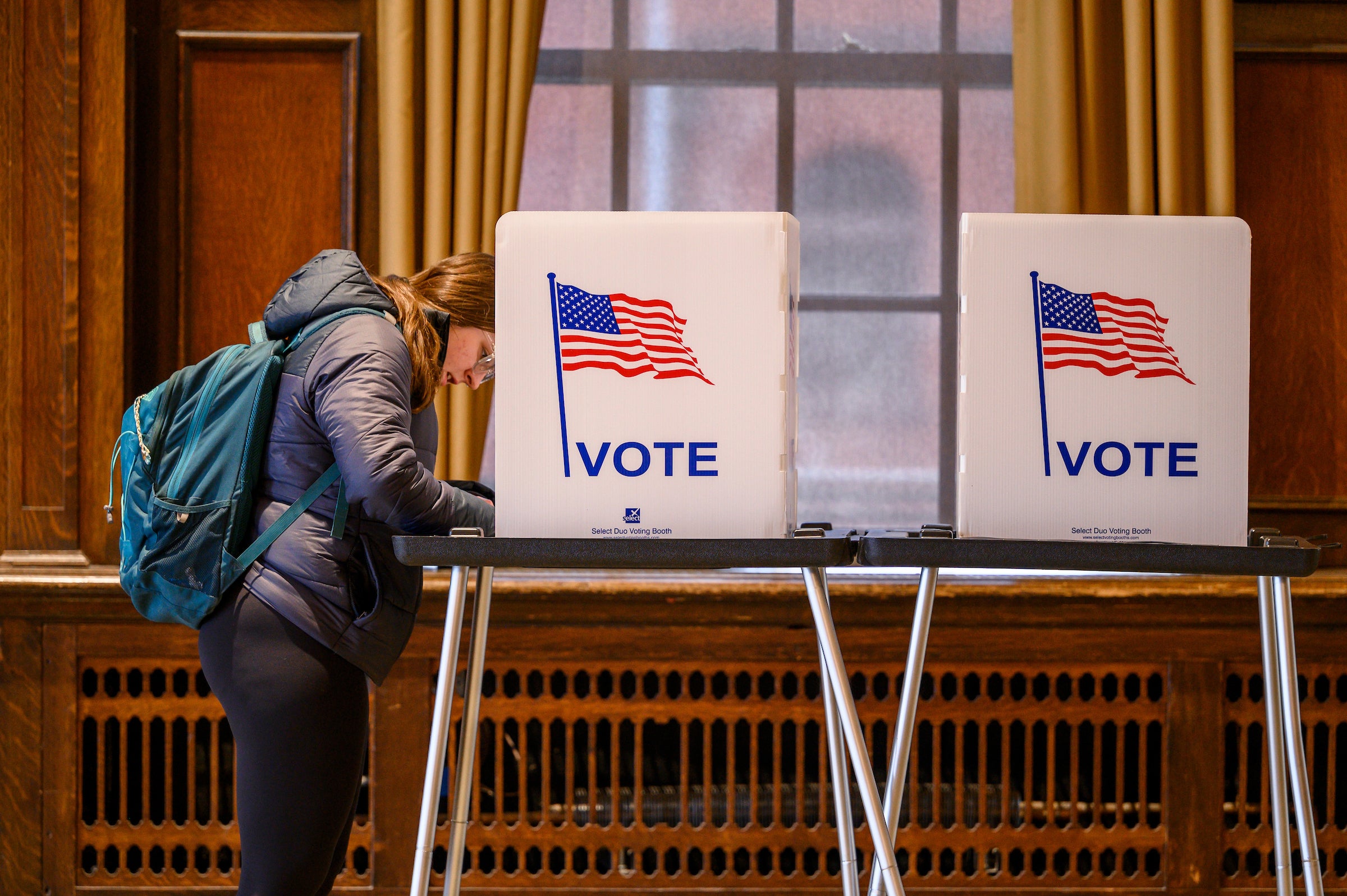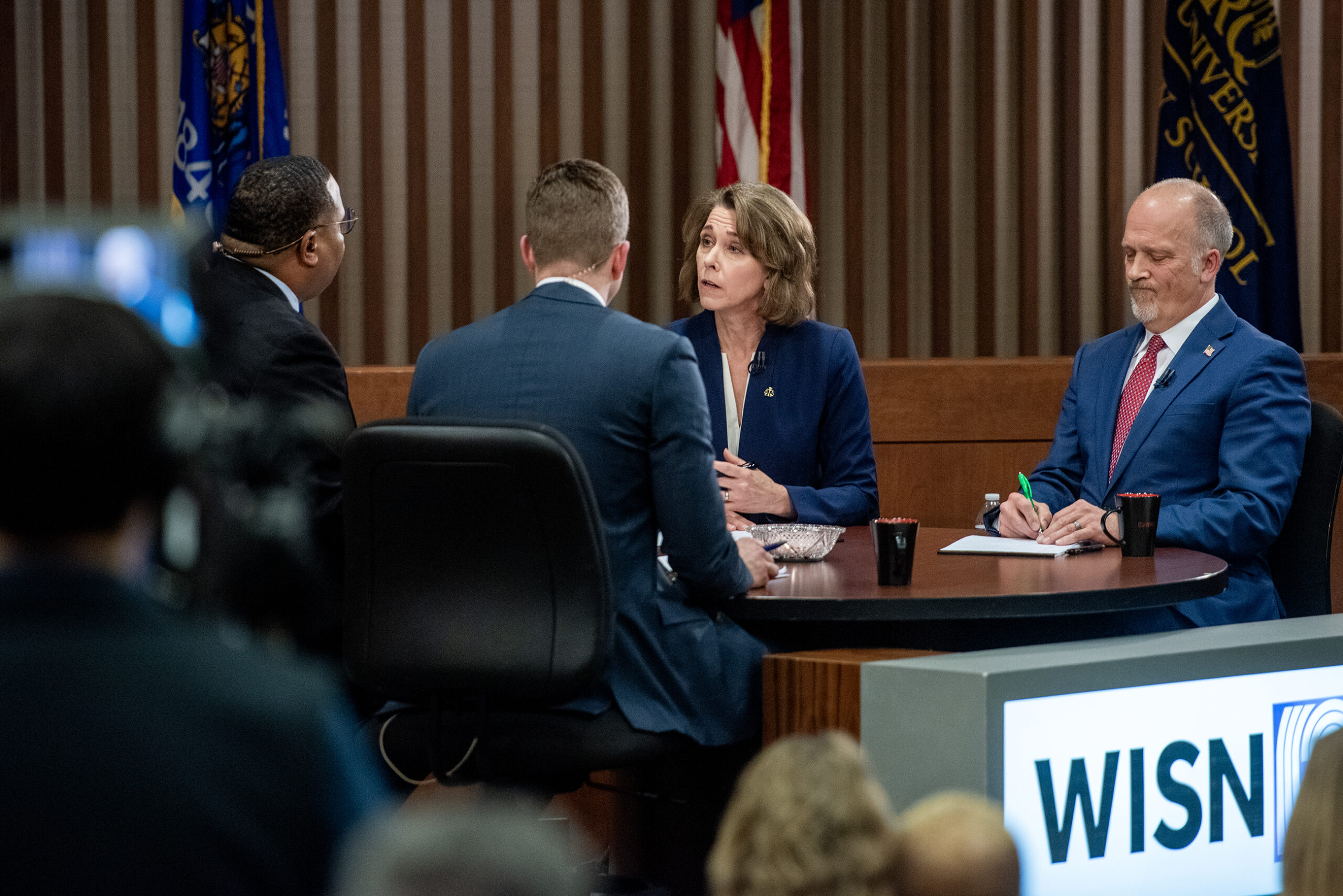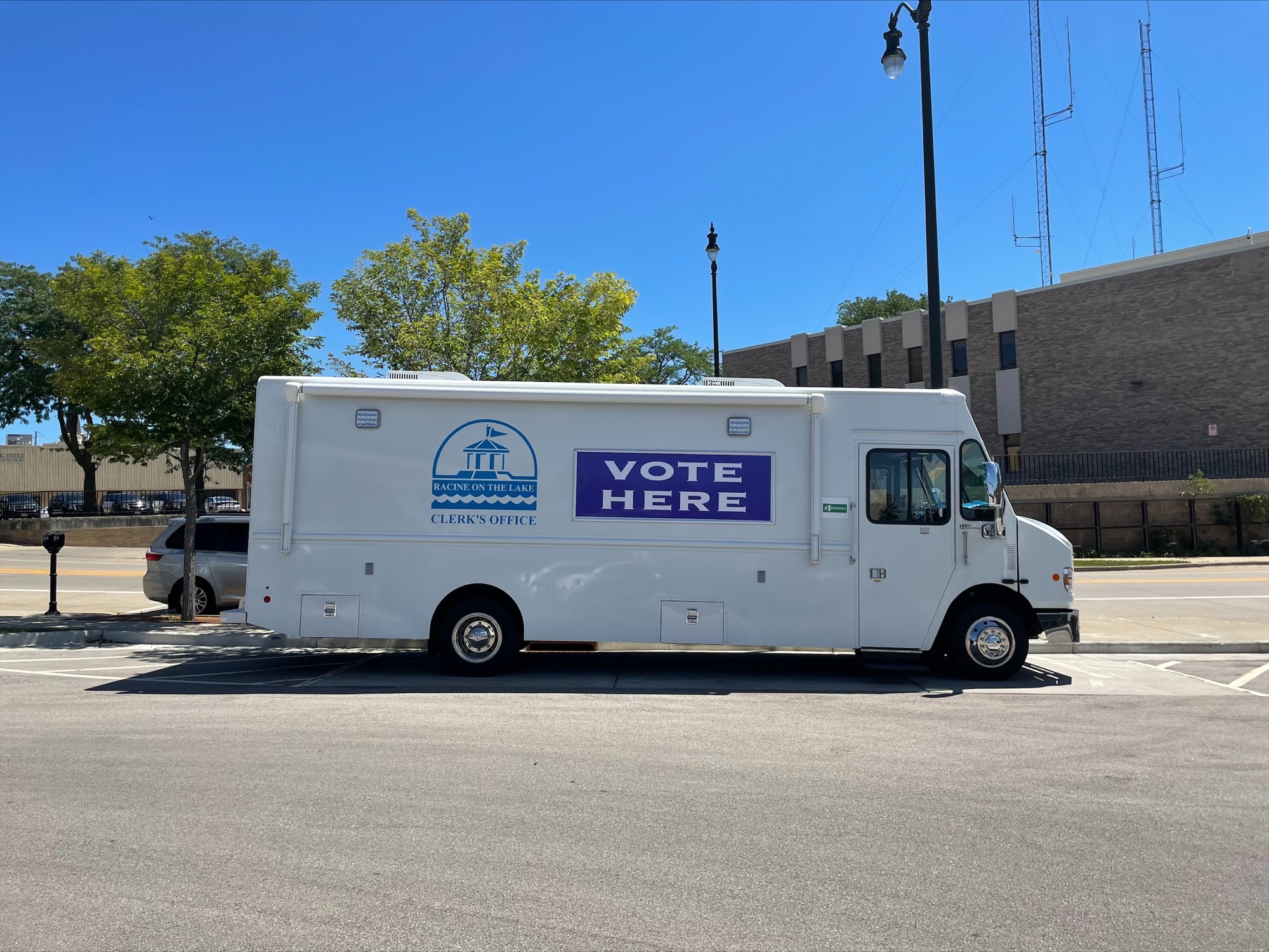Lost in the mix of high profile Supreme Court rulings this week was a decision by the court that could affect how prisoners are counted for redistricting.
The court upheld a Maryland redistricting law that would count prisoners as living at their last known address. Before the new law they were counted as living in their prison cells.
It’s a change some lawmakers, including Milwaukee Democratic Rep. Fred Kessler, wanted to make in Wisconsin a few years ago. Kessler says the court’s ruling shows there’s nothing in the Constitution that prevents it, “If the plan were adopted, I think it would hold up at this point. I think now we’ve been tested.”
Stay informed on the latest news
Sign up for WPR’s email newsletter.
Where someone gets counted means everything for redistricting. Legislative and congressional districts have to be equal in population—that way each person has roughly the same representation in those legislative houses.
But even though prisoners get counted for redistricting, they can’t vote. Kessler says that means a prison effectively adds to the voting power of the rest of the district’s constituents: “I don’t think that a rural community ought to benefit by virtue of just having people incarcerated counted in their district. If they could vote it would be a different story. But they can’t.”
Just because the legislature can make this change, though, doesn’t mean it will. Kessler’s plan stalled the first time he introduced it. There is time to thoughtfully consider the change: the next redistricting process won’t happen for another decade.
Wisconsin Public Radio, © Copyright 2025, Board of Regents of the University of Wisconsin System and Wisconsin Educational Communications Board.




